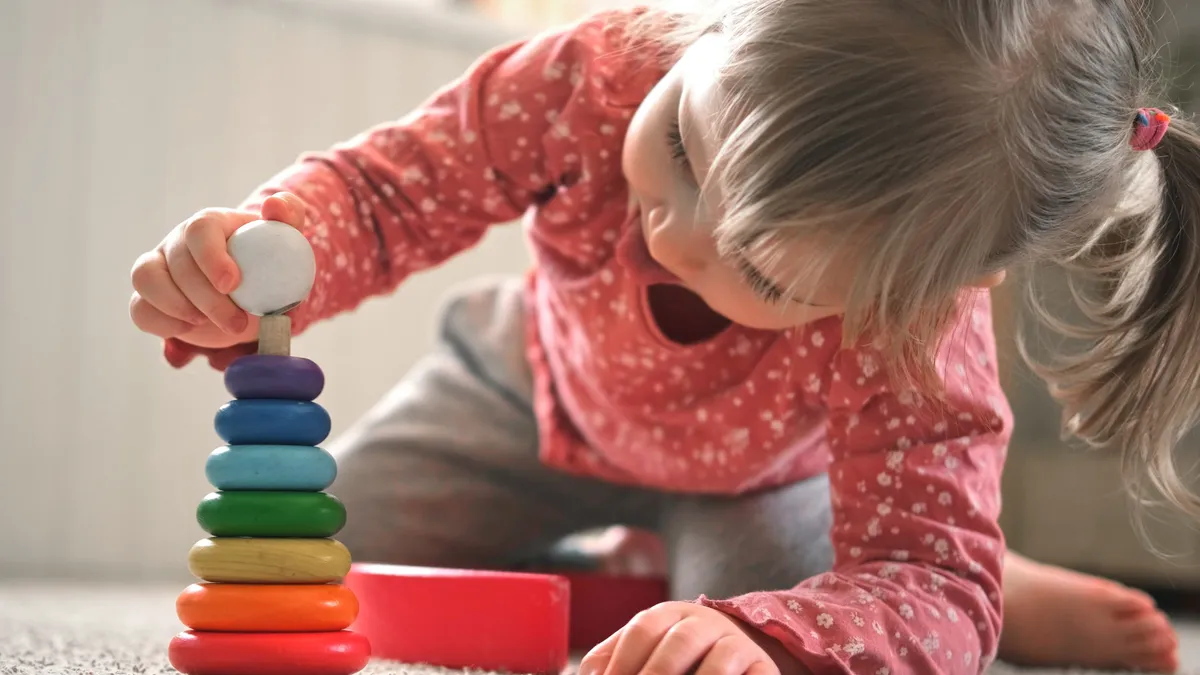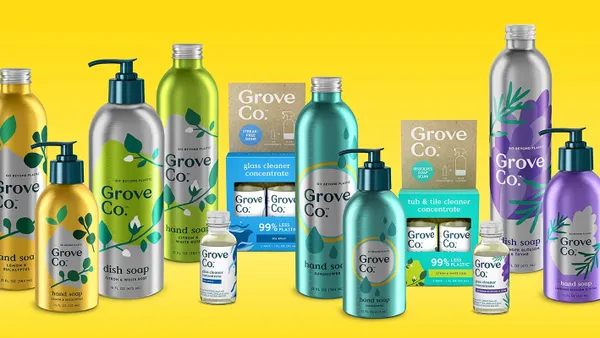Dive Brief:
- U.S. toy sales stabilized in the first half of the year, according to a report by Circana.
-
The toy industry “held steady” from January through June when compared to last year. During the same period in 2023, sales were already down 8% year over year.
- Toy sales are up 38% when compared to 2019.
Dive Insight:
Toy sales performance is in a different place than it was a year ago. Last year, sales in the category dropped due to a number of factors including inflation, depleted customer savings and rising consumer credit card debt.
While the first part of 2024 has been strong, Circana warns that some of those same factors may trip up the second half of the year.
“With toy sales beginning to stabilize in 2024, the tide is turning for the industry as we are moving from a state of correction to one of consistency,” Juli Lennett, vice president and U.S. toys industry adviser at Circana, said in a statement. “However, it’s important to note that there are no guarantees for smooth sailing through the second half of the year. While inflation has begun to cool, the unemployment rate, record consumer debt, student loan repayments, and fluctuating consumer confidence should be monitored closely as a proxy for how the consumer is feeling and might shift their spending.”
Three categories of toys experienced growth in the first six months of the year: building sets (dollar sales up 25%), explorative toys (up 9%) and the vehicles category. Squishmallows dominated the top-selling toys for the first half of the year, with five separate products appearing in a top 10 list. Mattel’s Hot Wheels and the Lego Group’s Icons Bouquet of Roses and Icons Tiny Plants also made the list.
Adults are helping to keep sales up, with the cohort contributing over $1.5 billion in toy sales in Q1 alone.
One of the largest toy companies, Mattel, saw flat net sales in its latest quarter and did not respond to questions on if private equity firm L Catterton is currently pursuing a takeover. Rival Hasbro is reportedly considering its own bid for Mattel, even as second-quarter revenue fell 18% year over year.















